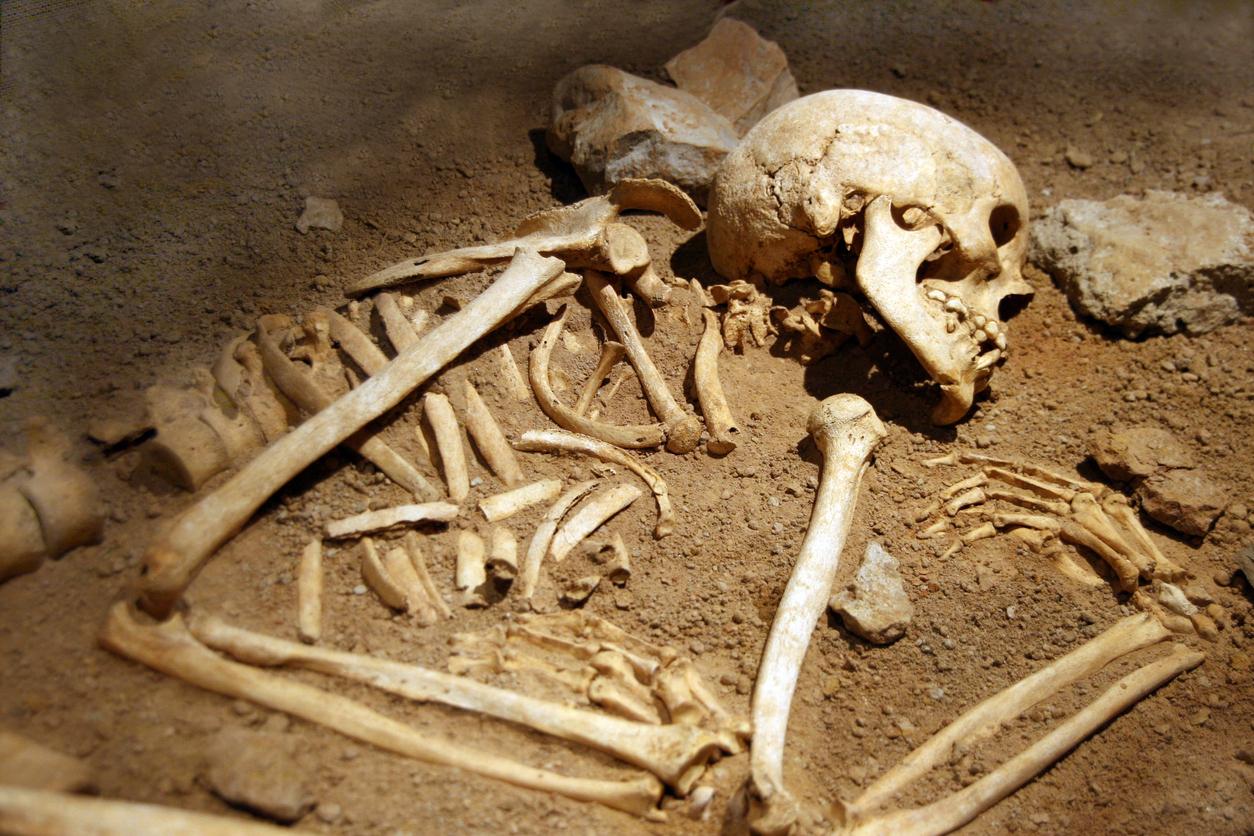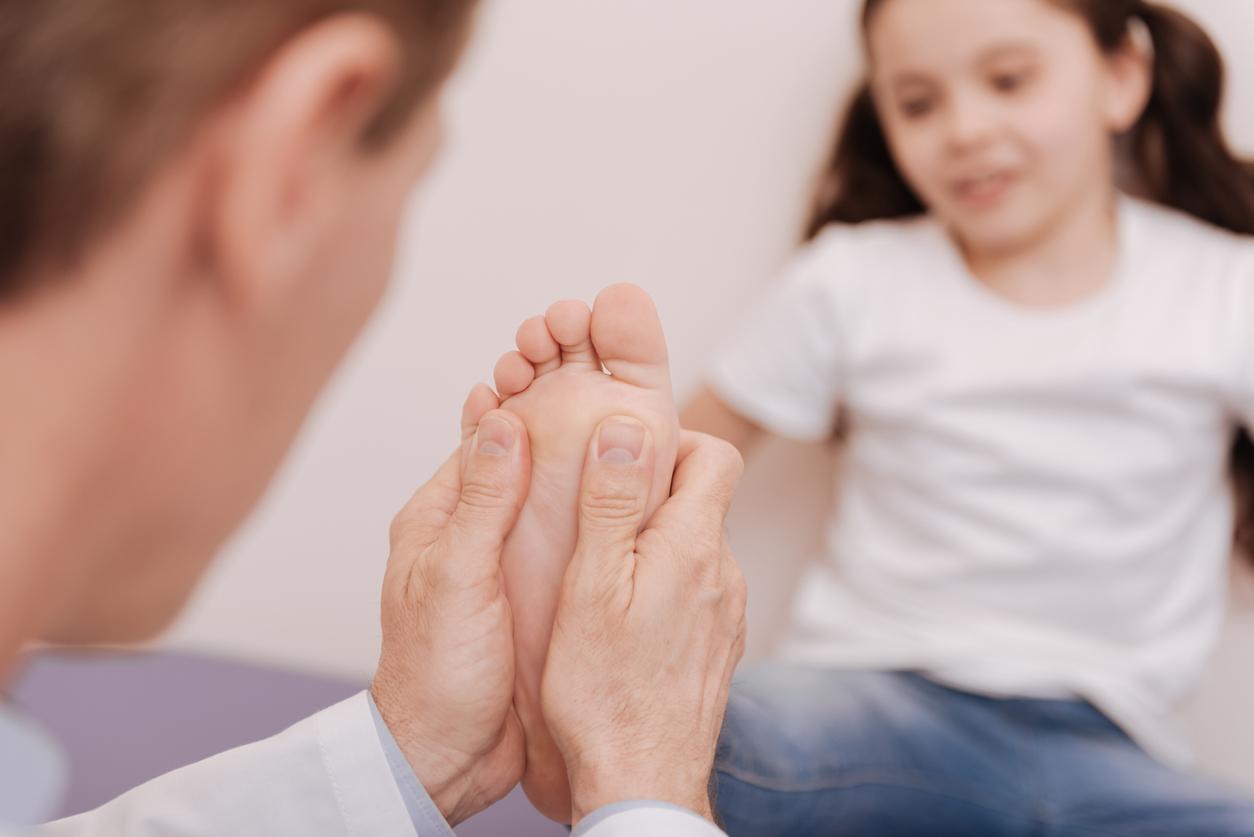As the children prepare to receive their last school report of the year, France is taking note of its “health report” for its performance from 1990 to 2015. Among the 195 countries studied, the report published in The Lancet places France at 15e rank of health systems. The Principality of Andorra comes first, the Central African Republic closes the peloton.
The indicator used measures the quality and accessibility of the care distribution system. “The performance of each country was established according to the mortality rates of 32 diseases for which deaths can, in theory, be avoided, provided there is rapid access to effective care” (1), notes France Info from a dispatch fromAFP.
If the best student totals a score of 95 out of 100, the French come out with an 88 behind Iceland (94), Switzerland (92), Australia (90) and Japan (89). Behind, the United Kingdom is in 30th place (85) and the United States in 35th place (81).
To this international ranking, the authors of the study could have added the comment ” can do better “. Thus, the general average of the class is improving, passing from 40.7 in 1990 to 53.7 and 167 countries have seen their average improve.
But, during the period, inequalities have widened between the first and the last. Another source of concern is that the countries that could have relied on their level of development to improve their health systems have not done so. “The performance of the United States is 10 points lower than what one would expect from them”, underlines France Info. South Africa wins by 25 points.
“These results sound like a warning: the increase in the level of development does not necessarily lead to an improvement in the quality and access to the health system”, commented the leader of the study, Professor Christopher Murray of the University of Washington (2).
(1) Diseases including tuberculosis, breast cancer, leukemia, cardiovascular diseases, etc.
(2) American Institute of Health Metrics and Evaluation (IHME)















